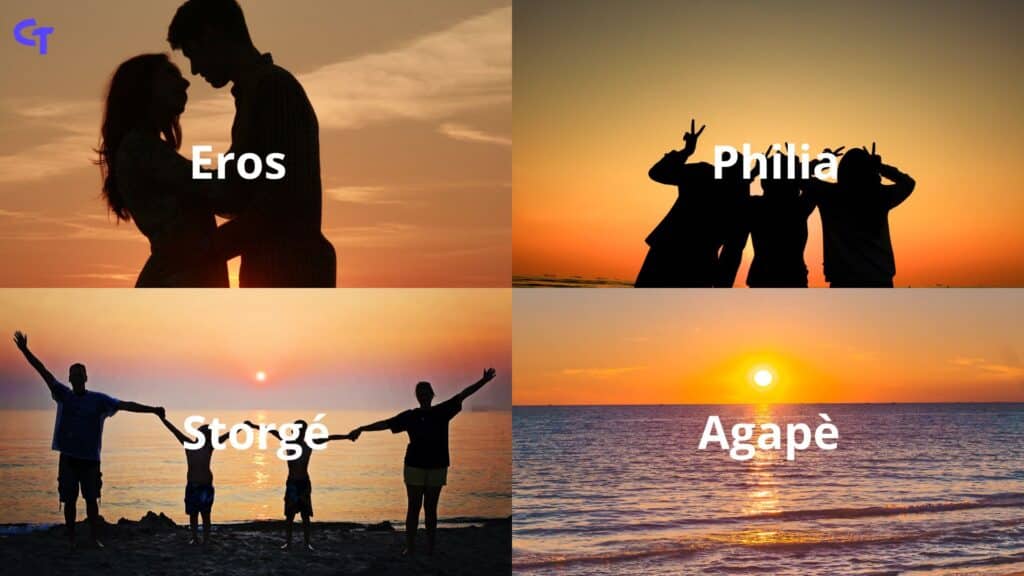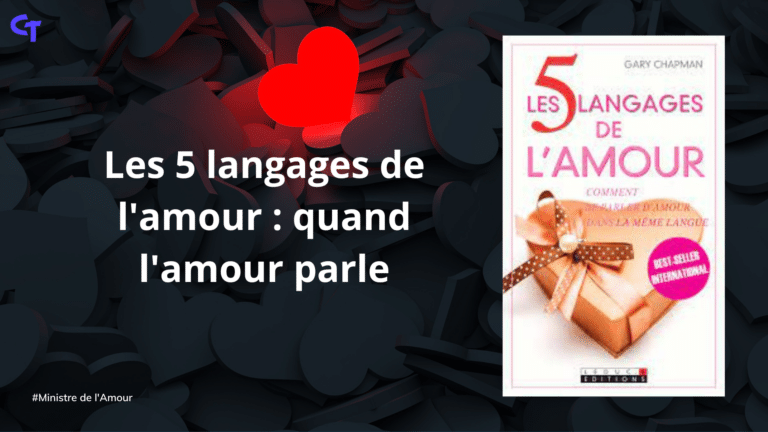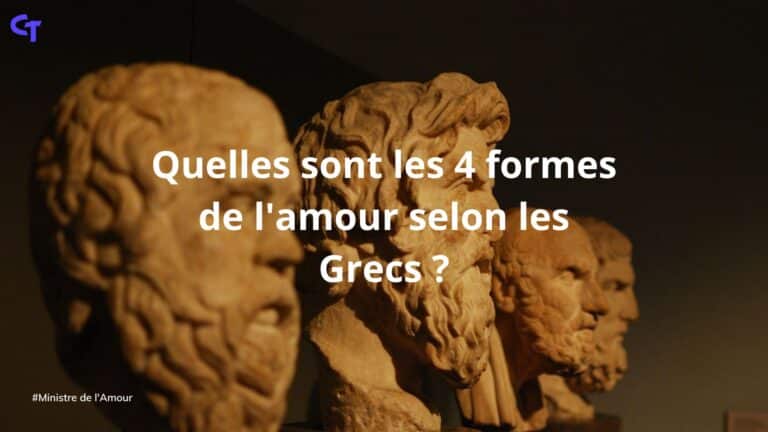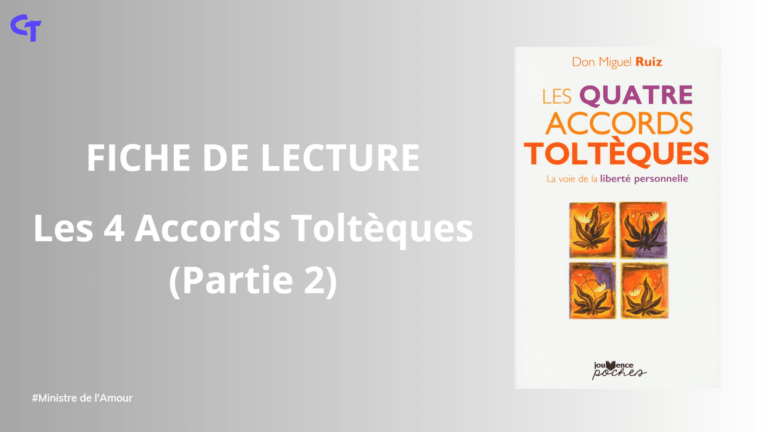Ah l’amour ! Je peux mettre ma main à couper que chacun d’entre nous a une idée de ce que signifie ce mot et pourtant, quand il s’agit de lui donner une définition claire, nous avons de la peine. Dites-moi si je me trompe. Qu’est-ce que l’amour, alors ?
Love is so many things at once. It is complex, but simple at the same time. It is beautiful, but hurts. It hurts us, but is so worth living. Hard to really define it, isn't it? Is it even possible? I don't think so, because so relative as a concept. However, I know that we can try to understand it in order to grasp its contours. Indeed, from my point of view, knowing what love is and what derives from it allows us to express it in the best possible way around us.
Cet article ne prétend donc pas vous dire ce qu’est l’amour, mais essayer de se faire une idée de réponse à la question qu’est-ce que l’amour, en étudiant son étymologie et quelques approches qui nous précèdent. Alors, ceci est pour vous, si vous êtes curieux/curieuse et passionné/passionnée du sujet de l’amour.
Love: etymology and linguistic approach

The verb " to like comes from the Latin word amare, which refers to friendly, family and even erotic affection. It is from this verb that the word " love is derived, which means desire, affection. It is this word that first gave birth to the word love in old French. The word later became lover, as the French language evolved around the 13th century. And, under the influence of old Provençal, the language spoken by the troubadours, storytellers of love stories who traveled through France, and who said "amor", the word " lover " became love, as we know it today.
Qu’est-ce que l’amour selon les dictionnaires ?
According to Larousse dictionary, love is defined in many ways. First, it is the movement of devotion which carries a being towards a divinity, towards an idealized entity; adherence to an idea, an ideal: Love of God. Ensuite, il est défini comme étant un intérêt, un gout très vif manifesté par quelqu’un pour une catégorie de choses, pour telle source de plaisir ou de satisfaction : love of objects d’art. Aussi, c’est l’affection ou la tendresse entre les membres d’une famille : Paternal, filial love. L’amour est également l’inclination d’une personne pour une autre, de caractère passionnel et/ou sexuel : Déclaration d’amour.
According to'Internet user, l’amour est le sentiment d’affection, d’attirance sentimentale et sexuelle entre deux personnes. Il est également le sentiment d’attachement, d’affection mutuelle entre amis ou membres d’une même famille. L’amour peut aussi être approché comme étant un attachement désintéressé à une valeur, un idéal.
You will find with me that answering the question " what is love ? is not an easy task. It extends to all spheres of our lives, family, friends, love and even at the level of our taste for things.
However, these various definitions refer us to Greek civilization, which tells us that there are 4 distinct forms of love, namely: love Eros, Storgé, Philia and Agapé.
Qu’est-ce que l’amour selon les Grecs ?

Love is an abstract and universal concept that everyone experiences, in different ways. It can be interpreted differently, depending on the context and the sentimental relationship to which it refers.
In an attempt to understand the phenomenon of love and explain it, the Greeks in ancient times delved into the subject. For them, love is the driving force behind many human actions, decisions and states of mind.
Thus, they proposed 4 forms or classifications of love, to explain this complex and unique feeling that one feels when one loves a person. Indeed, according to them, the love that one feels depends on the relationship with the loved one. We then distinguish:
Eros love
Eros love is romantic love, that interest we have for another person that tends towards physical, sexual attraction. It is passionate love. It is with this love that we love our spouse, husband, fiancé, boyfriend; you will have understood, this other who creates butterflies in our stomachs every time we lay eyes on him. Eros is based on a passionate, sensual, carnal, loving relationship. It requires the commitment of our heart, but also of our body.
Love Philia
Philia, mot d’origine grecque, désigne l’état, le sentiment ou l’émotion de l’amitié ou de la camaraderie. C’est cet amour, ce sentiment fort que nous avons pour les personnes que nous considérons comme étant nos amis. En effet, il est nourri la plupart du temps par des intérêts communs, des valeurs partagées et un puissant sentiment d’aise lorsqu’on se retrouve pour passer du temps ensemble.
Storge love
Storge is the Greek word that defines family love. It is a strong emotional connection between members of a family that is based on a mutual relationship. It is this innate love sometimes, but especially, inexplicable between the members of a family. However, it can be toxic when in the name of this love, certain family members want to justify their desire to control the lives of the people they love.
Agape Love
Unlike the other three forms of love, theagape is the strongest and purest form. It is unconditional love. It is he who allows us to love others, even when they hurt us or do not work out as we want. It is this strong feeling that pushes us to show love to others without a valid reason, without having to justify why we want to love. We simply love.
He does not wait for reciprocity to act, contrary to the first 3 forms of love stated above. He gives himself, without expecting anything in return, just for the pleasure of giving. Agape love is often approached as being divine love, which surpasses the conditions that we impose on ourselves in the human order to show love to others.
In a next post, j’entrerai plus en détail sur le sujet des formes de l’amour énoncées par les Grecs. Il y a tellement à dire dessus et je ne pouvais pas tout aborder dans ce seul article. Que pouvons-nous dire de l’amour alors ?
Together let's define love

The word love is taken from the verb to love, which means to feel affection, friendship, sympathy, love for someone. Love is therefore a feeling, but not only. Indeed, in French, we distinguish between action verbs and state verbs. If we refer to the list of verbs belonging to this second category, to love is an action verb.
In other words, love is certainly feeling, but above all action. However, the action is always conditioned by a choice, deliberate or imposed. We can choose to clean the house because we want to please the parents, or because they oblige us by putting a constraint. We can give flowers to our spouse to bring them joy, or do it because we have to, as a duty as a partner.
What is love then? Love is to act, to do or to say things, for the well-being of the other, for his pure pleasure and not because we feel obliged to act. For example, I can decide, spontaneously, to make my spouse's favorite dish, because I know that he will derive pleasure from it. I can deliberately choose to buy the book that my mother absolutely wants to read, because I know she will be proud of it.
Love is this feeling, which encourages us to take the decision to take action for the well-being of the loved one. The feeling of love is what gives rise to the will to act in order to contribute to the happiness of the person in front of us.
A word to conclude

I was looking, through this article, not to define love, but to try to understand its essence. Indeed, love is many things. It's the strong feeling we feel about that special other in our hearts. It is mutual benefit for a friend. It is the compassion that exists within a family. It is the inclination for the divine, which surpasses all. And it is above all the actions that we take for the people who are dear to our hearts.
In conclusion, love cannot be described in just one way. It is a polysemous word which, finally, takes on the meaning we want to give it. So I'm curious what is love, for you ?








Very nice article, well written and pleasant to read 😊
Bel article ! Peut-être que vous connaissez déjà, mais pour creuser la question niveau psychologique, il y a le petit et excellent livre d’Erich Fromm « l’art d’aimer » 😉
Formidable soyez bénis également